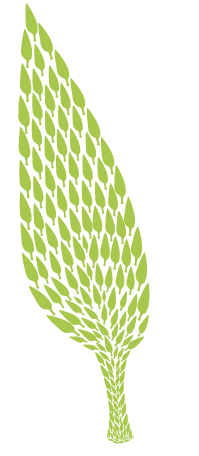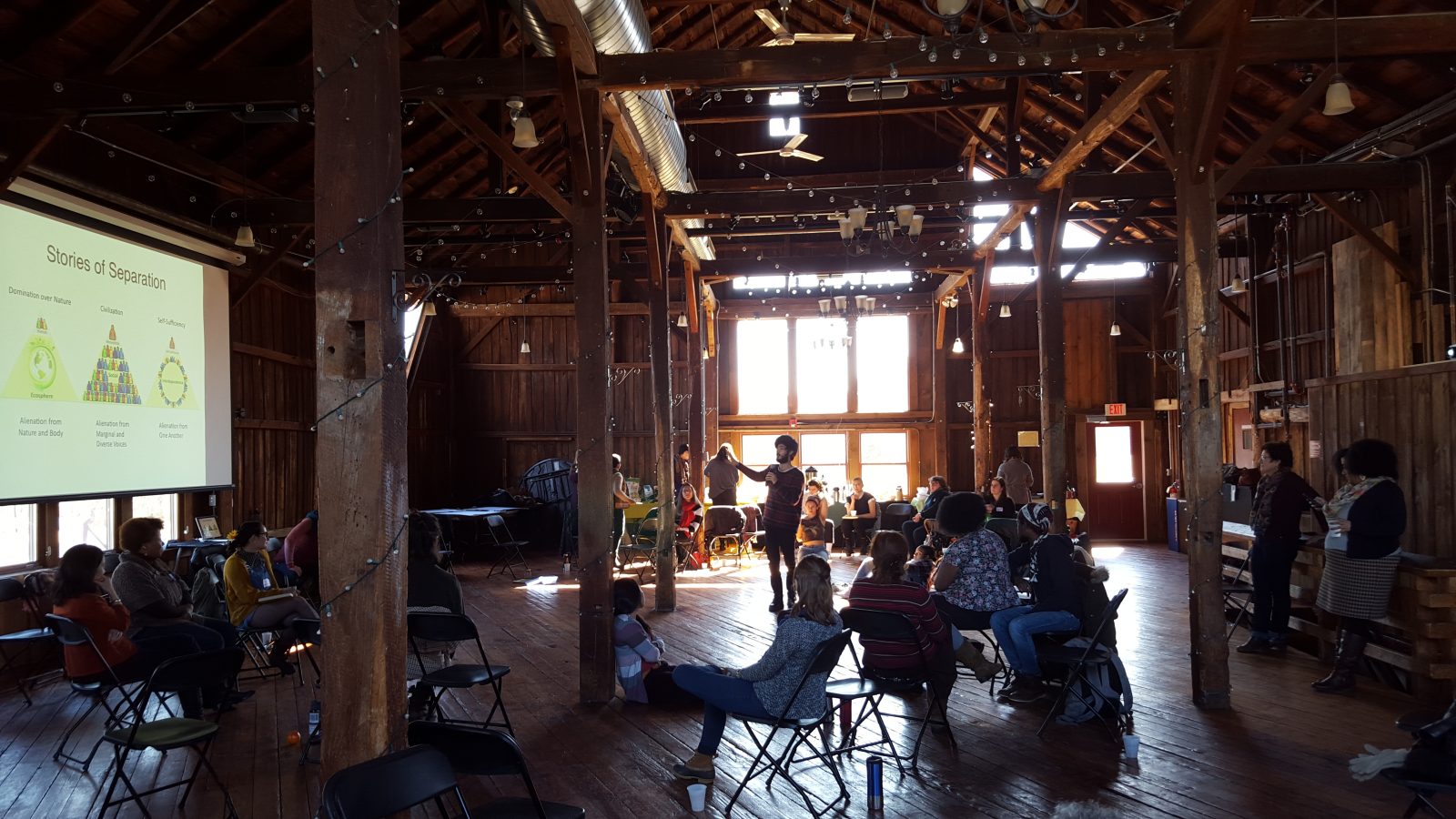Our Approach
Applied Ethics
Applied Ethics enables us to critically engage with contemporary social and political questions and challenges that are relevant to our times, our lives, and our shared futures. Through a process of intellectual inquiry, dialogue, and intentional practice, we examine and evaluate the impact of our reactions, beliefs, values, and intentional actions. By taking a critical and reflective distance from ourselves, we consider how we might transform our habits to achieve greater reciprocity and thus agreement as to what ought to be held as communally good.
Relational Leadership
Relational Leadership has emerged as a valuable practice-based approach for addressing the critical questions and challenges we face in these times. Rather than focusing on building individual leadership skills, this approach to leadership development focuses on cultivating our collective capacity for empathy, connection, collaboration and action. Through storytelling, deep listening and embodied practices, among other practices, we learn to build strong bonds, bridge differences, share leadership and engage in collective action. We also learn to shift the cultures of our groups, communities and institutions to align with values of sustainability, inclusion, reciprocity, interdependence and equity. In addition, relational leadership practices allow us to create the conditions for holding complexity with others, a necessary foundation for rigorous and generative ethical inquiry and engagement.

The Commons
The commons framework provide us with a way of thinking about how people come together to steward, create and share resources. This includes, and isn’t limited to, natural resources, cultural, knowledge-based and digital resources. People are co-creating commons in a variety of ways to meet the particular needs and desires of their specific communities. The commons are more than a resource management system. They are active, living social systems of commoning that allow us to re-imagine reciprocal new ways of relating to one another and our environment. In this way, the work of the commons and commoning provides us with a viable and holistic alternative to current social, political and economic systems based on the values of isolation, extraction, privatization, exploitation, inequity and the accumulation of wealth. We have begun to understand Ethics & the Common Good as a commons that we are co-creating and sharing with members of our communities. The ECG Core Team and Steering Committee are the primary stewards of this commons and, in our first few years, we have paid special attention to how we have worked together to model and embody collaboration and shared leadership.


